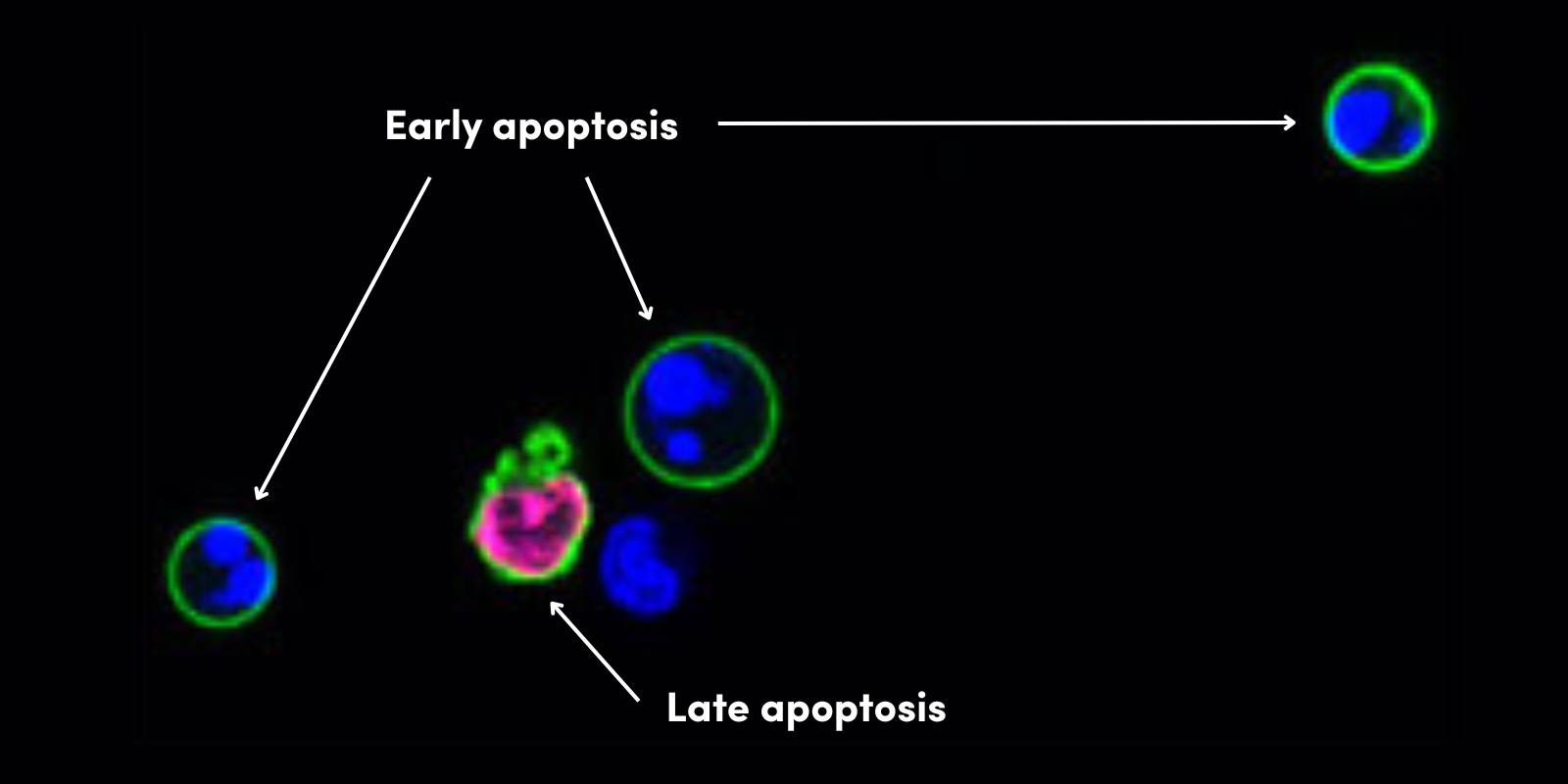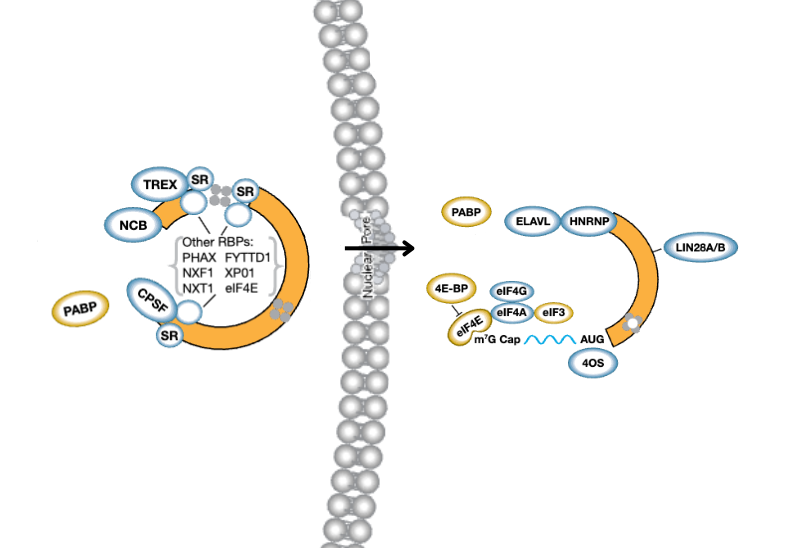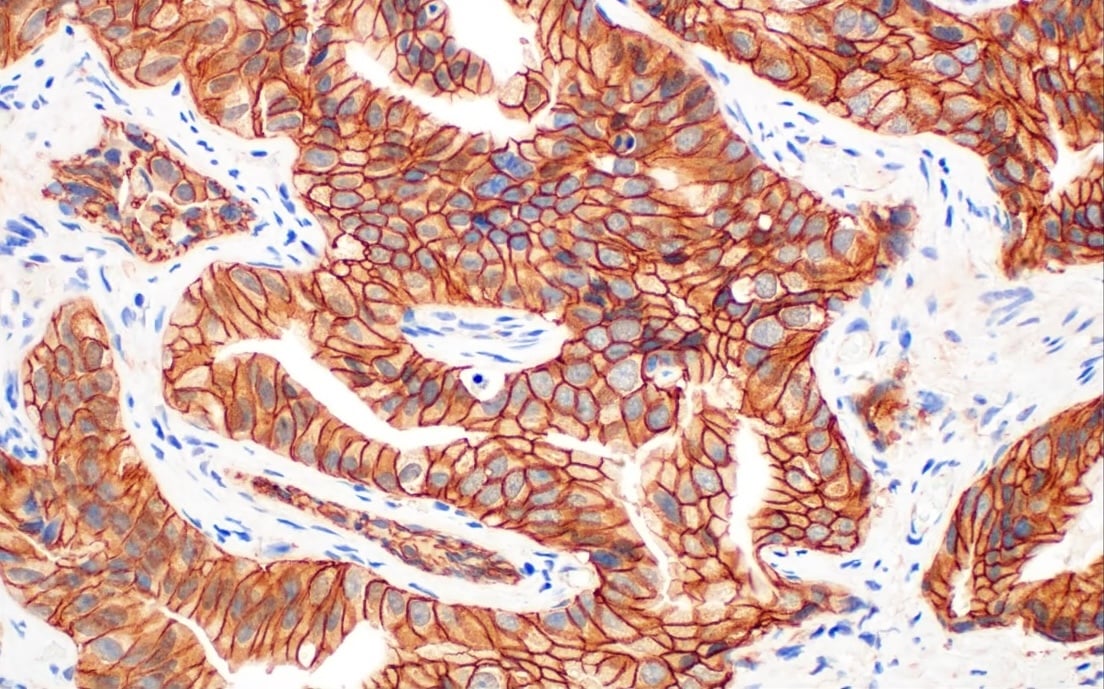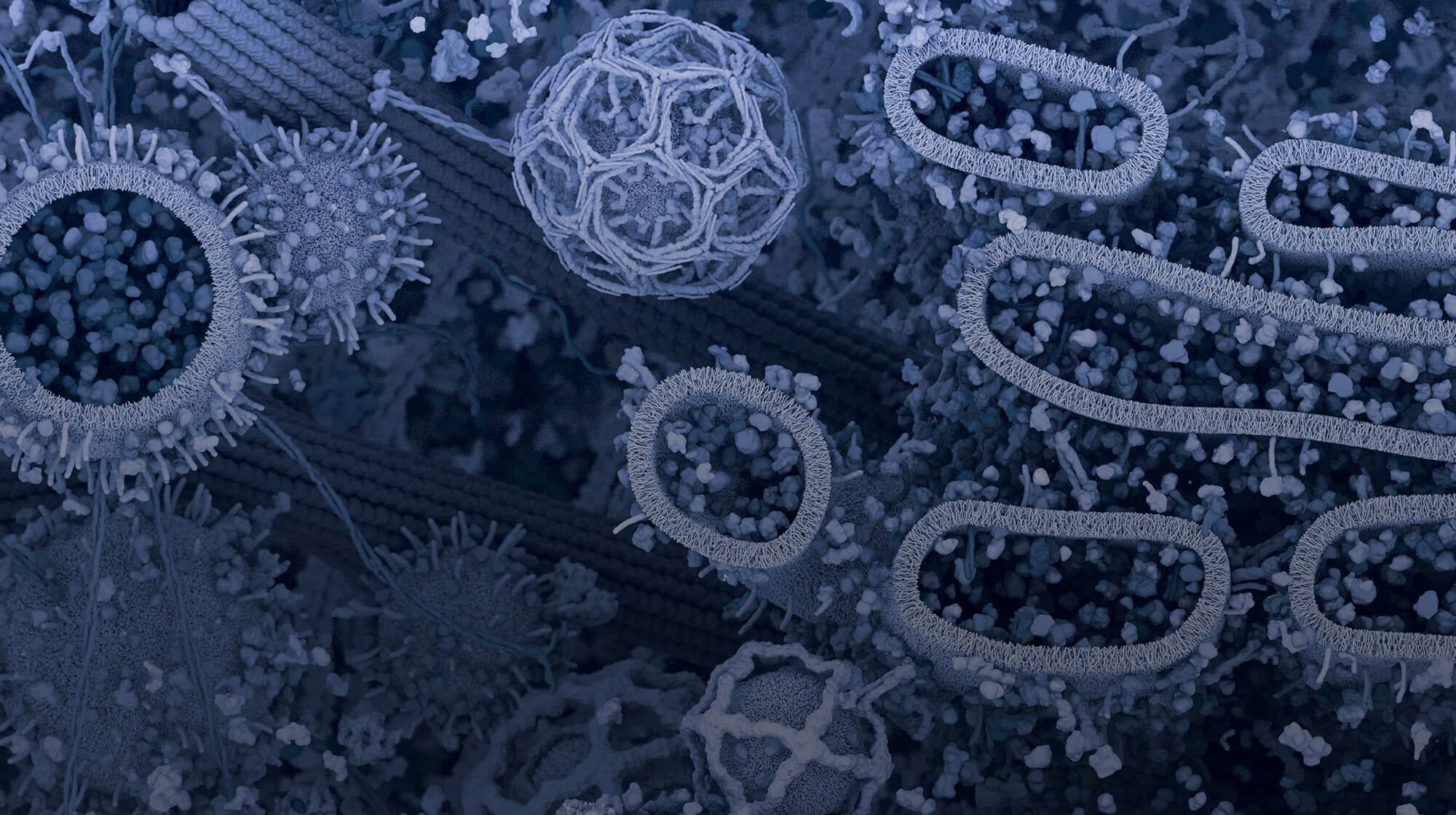If one were asked to describe a Cell Signaling Technology (CST) antibody sampler kit, we would totally understand an answer like, “It’s an assortment of antibodies.” Honestly, on its face, that answer isn’t exactly wrong. It just makes the process seem a little random. Especially considering the reality: A lot of science, thought, and care goes into the creation of a CST antibody sampler kit.
CST Antibody Sampler Kits
CST antibody sampler kits provide a curated set of antibodies designed to help scientists answer questions about their research. The kits can help researchers determine which proteins might be most important to their project, whether they are embarking on a new project or taking an existing project in a new direction.
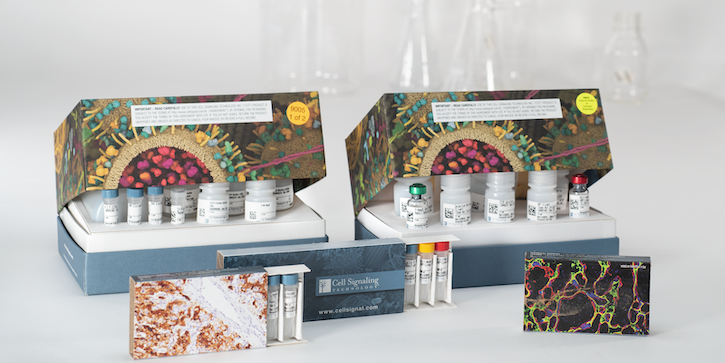
For example, consider the innate immune system, which uses a variety of germ-line encoded pattern recognition receptors (PRRs) to detect conserved pathogen-associated molecular patterns (PAMPs). The detection of PAMPs leads to the activation of various innate immune signaling pathways that initiate an immune response to the pathogen.
Innate Immunity Antibody Sampler Kit
The Innate Immunity Activation Antibody Sampler Kit #52239 was designed to allow a researcher to survey which innate immune pathways are activated following the exposure of a cell to a given pathogen or PAMP. It contains phospho- and total antibodies for targets that are key nodes of activation in the major innate immune signaling pathways. It also contains cleaved IL1b, which serves as a readout for inflammasome pathway activation.
Epithelial-Mesenchymal Transition Sampler Kit
Another good example is the Epithelial-mesenchymal transition (EMT) process. EMT is an essential process during development whereby epithelial cells acquire mesenchymal, fibroblast-like properties and display reduced intracellular adhesion and increased motility. However, this is just one type of EMT.
This process is also employed for wound healing. The EMT program is initiated via inflammation and the epithelial cells transition to mesenchymal cells. The mesenchymal cells actually move to essentially “fill in” the wound. Fibrosis then occurs when there is chronic inflammation and the EMT program for wound healing is not shut off, resulting in scarring and thickening of the affected tissue which can interfere with normal organ function.
The third type is probably the most well-known EMT process, as it is associated with cancer. It is not clear at this time what induces EMT in cancer. Unlike EMT in normal development, where the goal is to go from epithelial cell to mesenchymal cell, and there are clearly defined endpoints, tumor cells tend to exist in hybrid epithelial/mesenchymal states or phenotypes.
The Epithelial-Mesenchymal Transition (EMT) Antibody Sampler Kit was designed to help researchers answer questions like: Is protein X affected by EMT in the progression of cancer? or Does protein X play a role or affect EMT in cancer? It includes a mixture of both epithelial and mesenchymal markers, as well as transcription factors for both. This gives researchers the transcription factors responsible for turning on epithelial and mesenchymal marker genes.
Those are just two examples of the hundreds of sampler kits that we have thoughtfully put together to help you answer critical questions about your research project and where it might make sense to initially focus your efforts.
Take a look at our full offering of sampler kits for interrogating various signaling pathways, processes, and disease states.
20-CAN-44656


